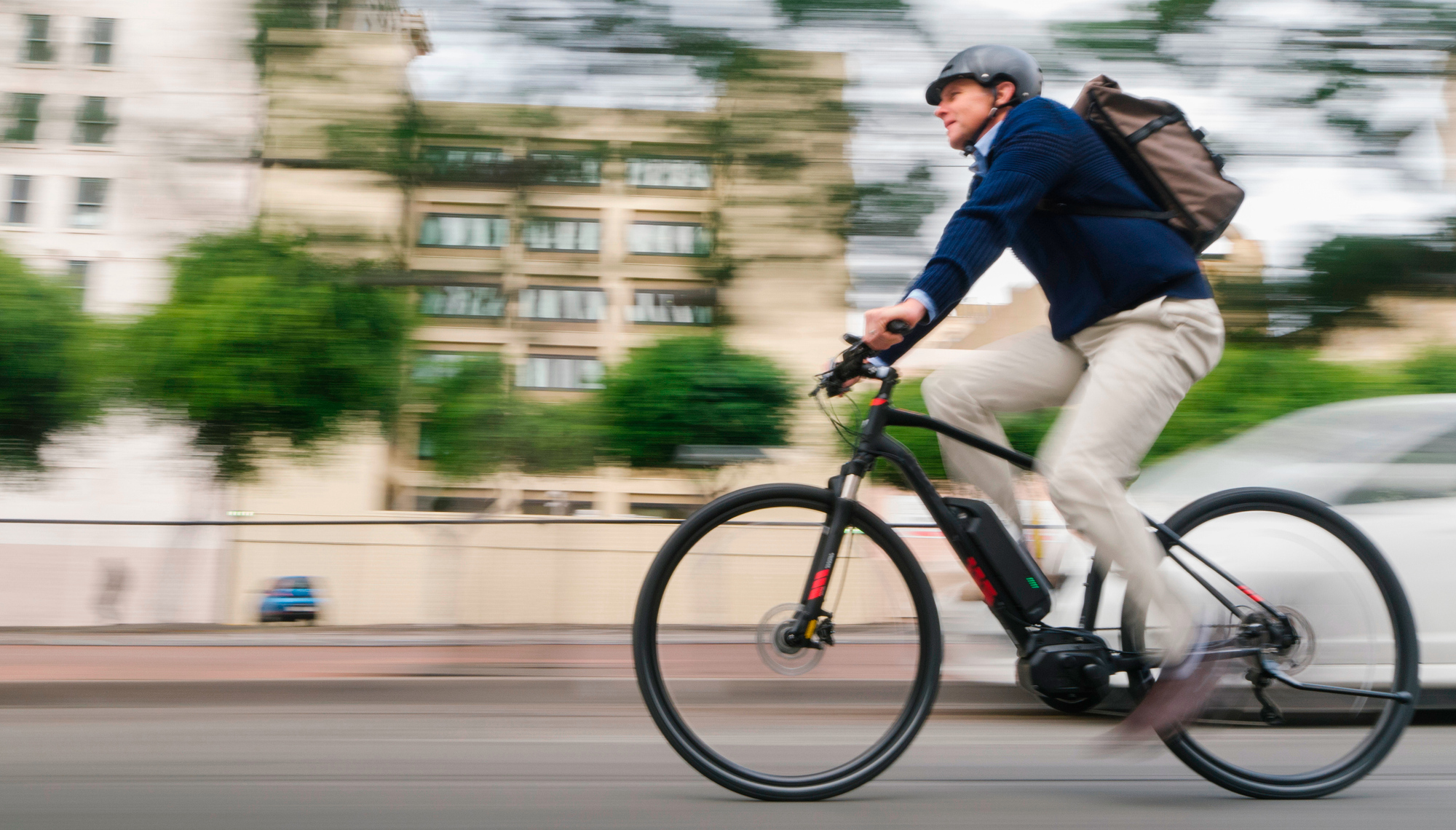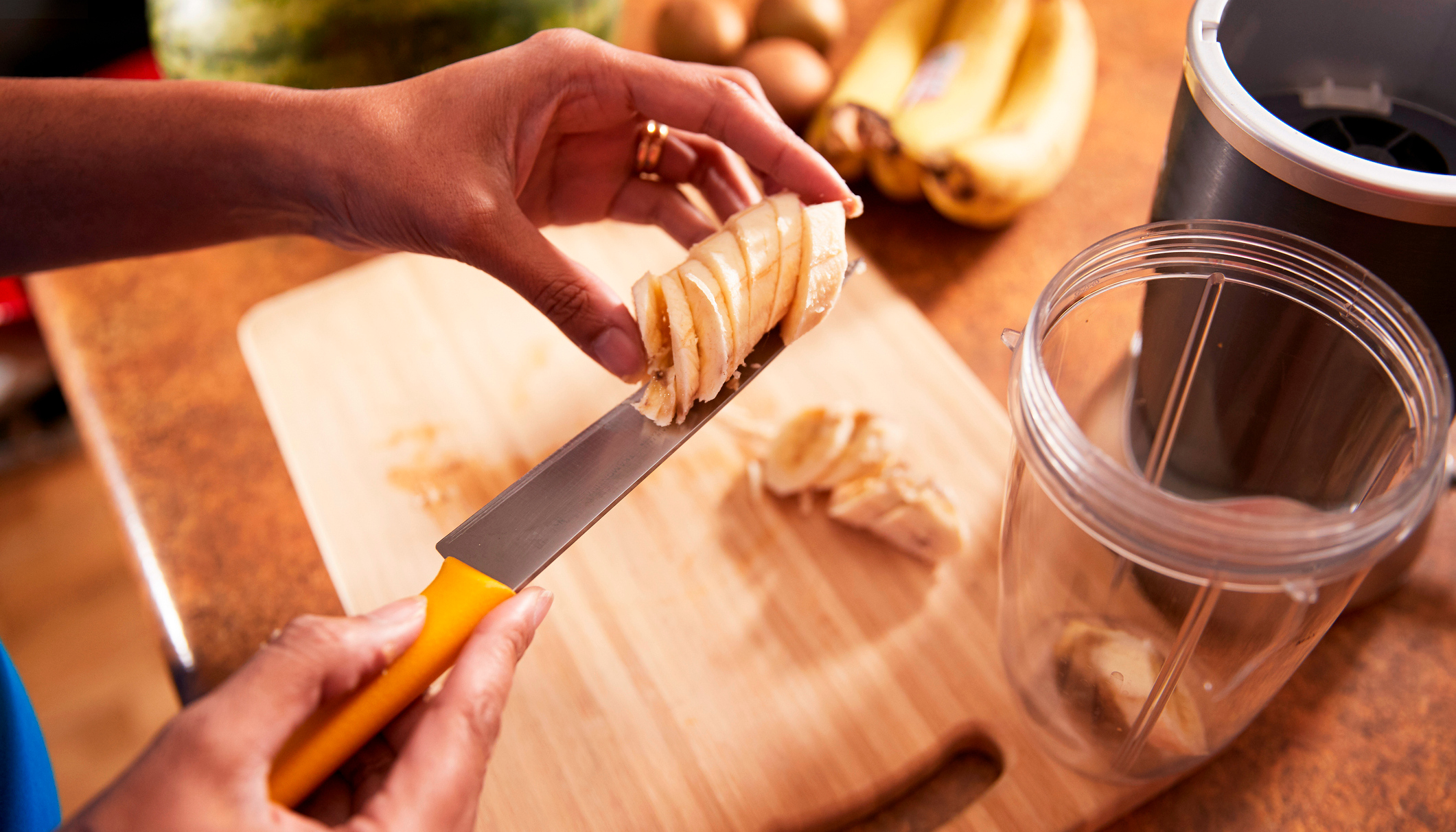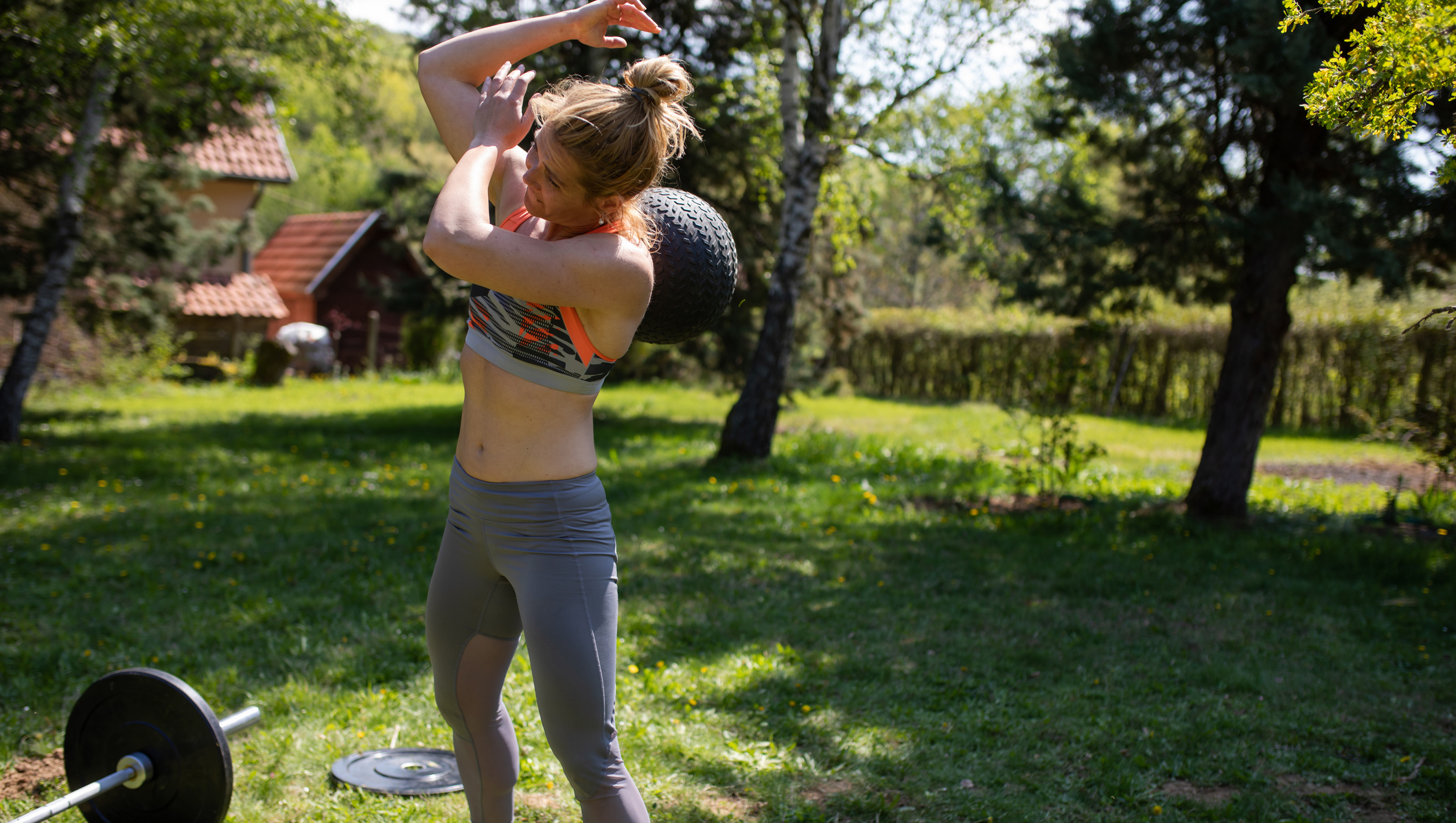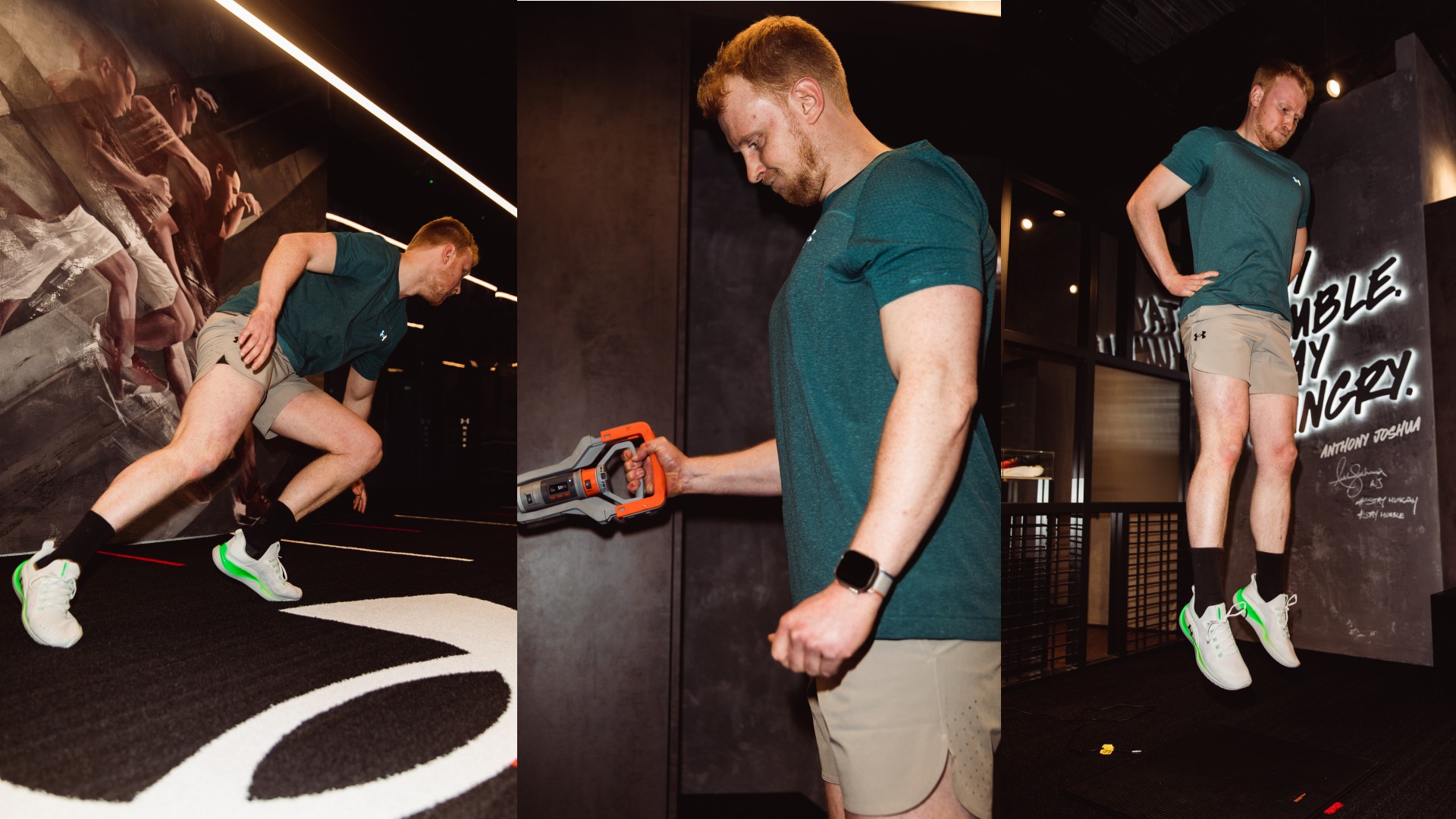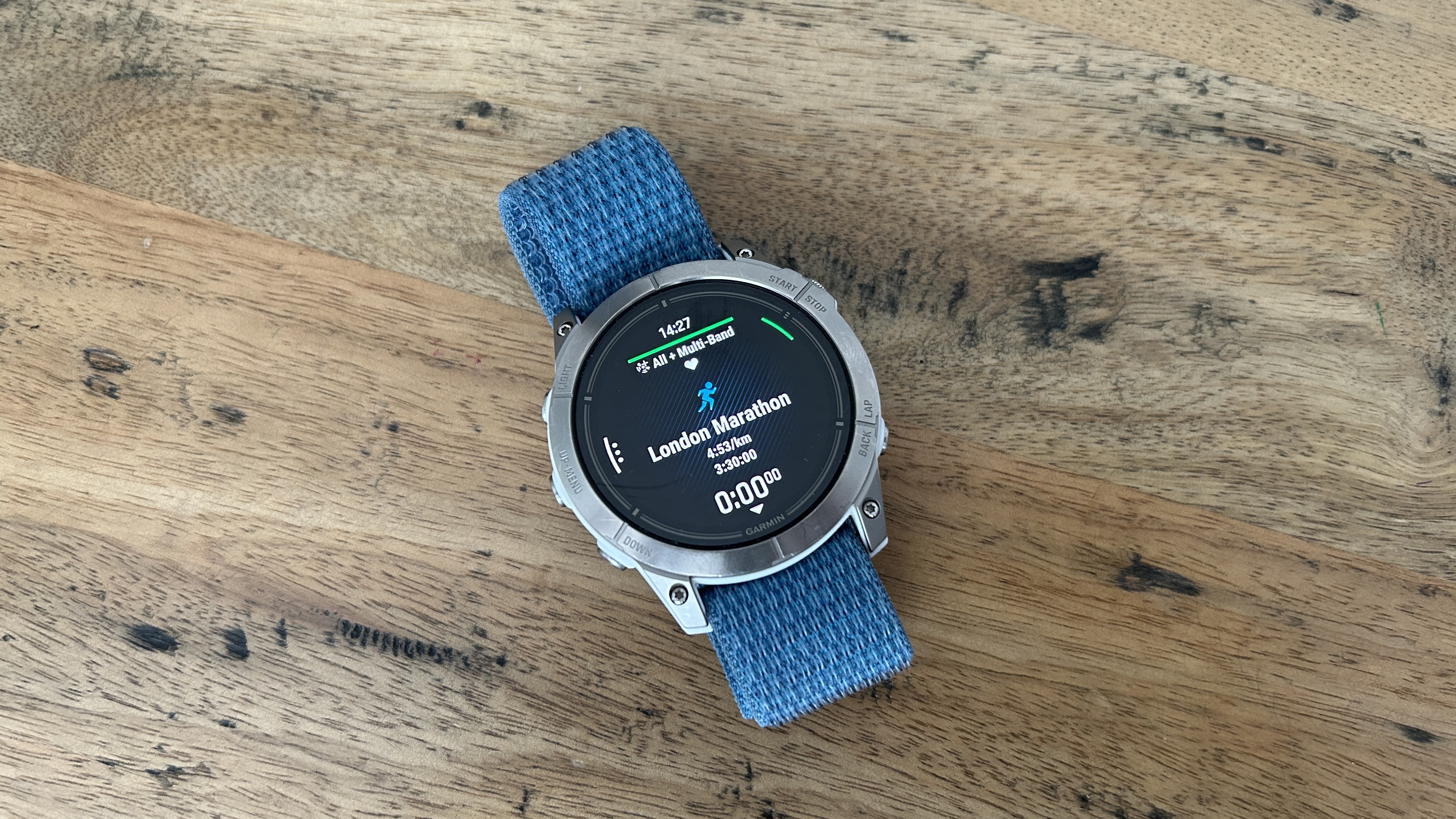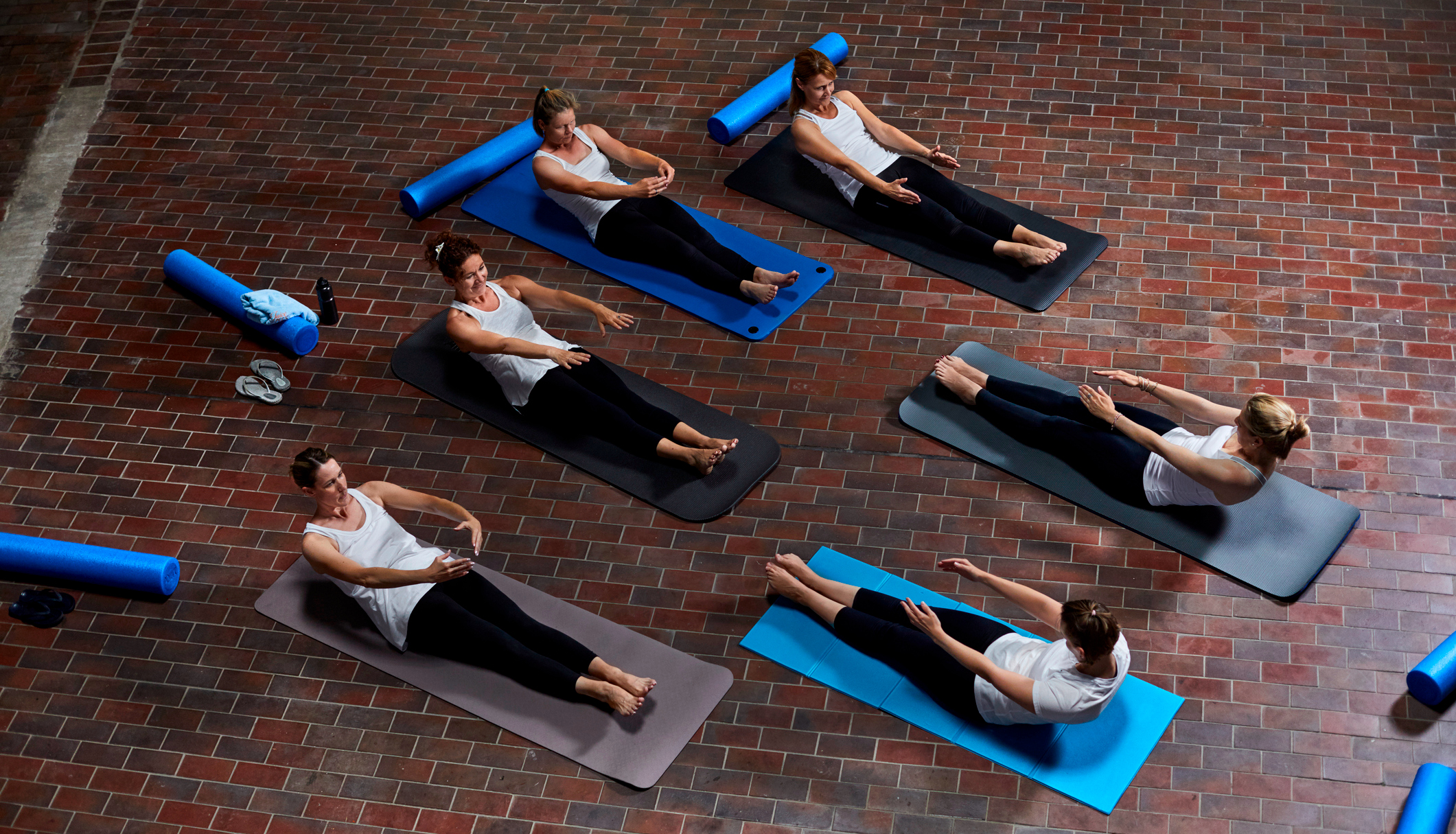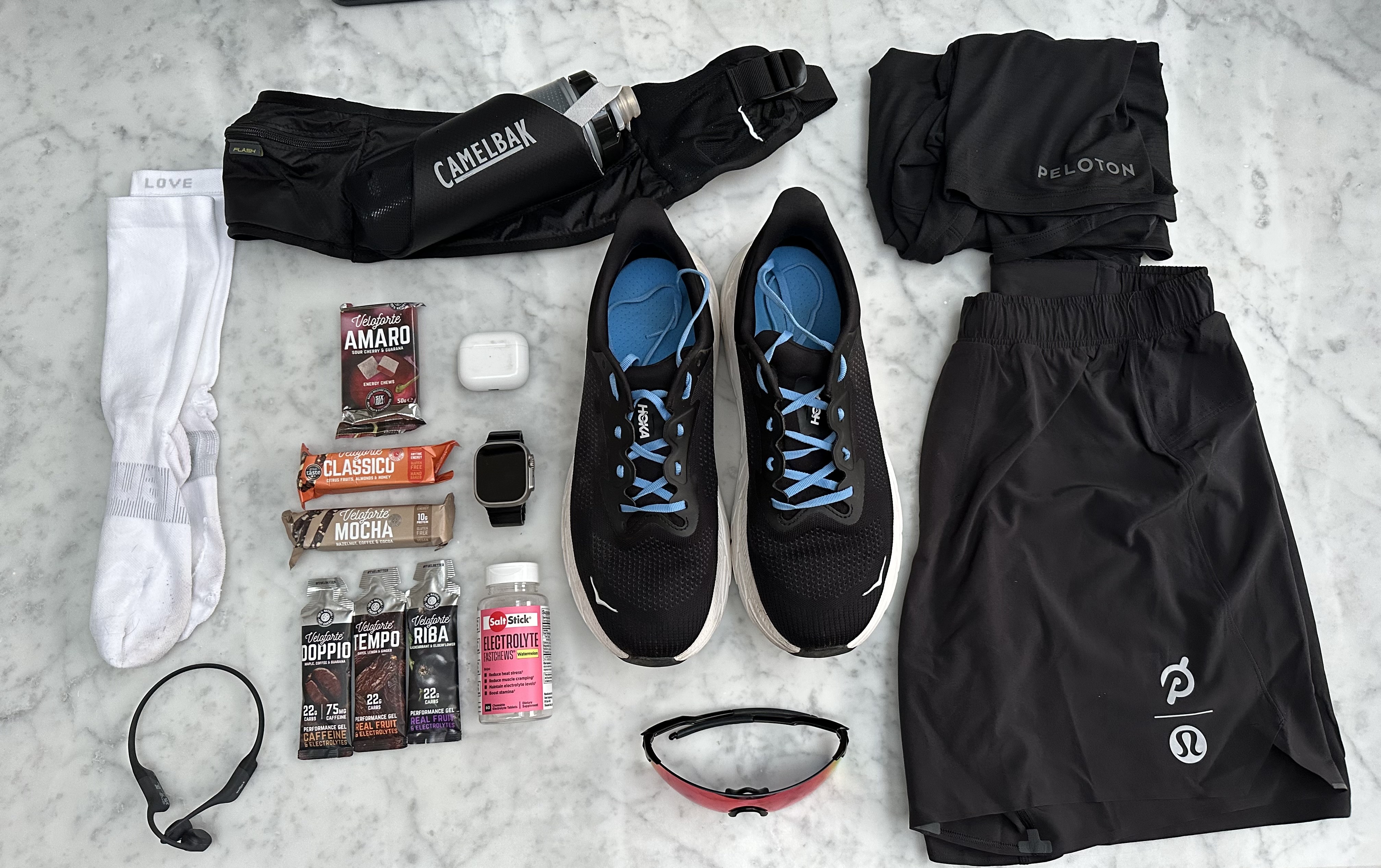How To Do The Fire Hydrant
Use this simple move to fire up your glutes and open up your hips
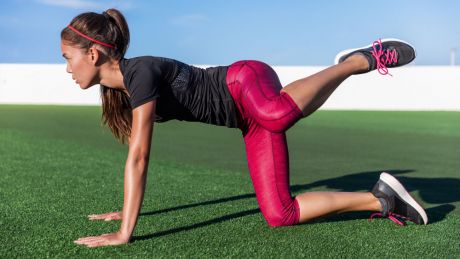
The fire hydrant is not a glamorous exercise. It’s named after the position a dog adopts when urine-marking something, after all. However, it is a move that most of us would benefit from adding to our workout routines, because it’s a great way to work your glutes, check on the mobility of your hips and even reduce the risk of developing lower-back pain.
That makes it especially advantageous for mostly sedentary desk workers, but the benefits are just as rich for keen athletes, since the fire hydrant strengthens the gluteus maximus. That muscle will also help you perform a range of functional movements either when playing sport or tackling big lifts in the gym.
The fire hydrant is also a useful addition to warm-up routines ahead of strength sessions, since it fires up the glutes and also engages the core. It’s also a fine move for runners, rounding out the strength in their lower body, since it involves moving in a sideways plane of motion, rather than forwards and backwards as with running.
See related
- The Best Glute Exercises For All Levels Of Gym-Goer
- The Best Glutes Workout
- The Home Glutes Workout That Will Get Your Day Off To A Flyer
- Feel The Burn With This Booty Workout From Fitness App SHREDDY
How To Do The Fire Hydrant
We’ve all seen dogs peeing on stuff, right? Keep that lovely image in mind and the fire hydrant is a pretty easy move to understand. Start on all fours with your hands under your shoulders and your knees under your hips. Brace your core, and try to keep it engaged throughout the move to increase the benefits, and ensure your hips don’t sag.
Lift one leg out to the side, keeping the 90° bend in your knee. Lift the leg until your knee is at hip height – you can stop earlier if you have tight hips – then bring it back down to the starting position. That’s one rep. Do all your reps on one side, then switch. Although this is a relatively simple exercise, you’ll feel the burn in your glutes as you near the end of your set.
Get the Coach Newsletter
Sign up for workout ideas, training advice, reviews of the latest gear and more.

Nick Harris-Fry is a journalist who has been covering health and fitness since 2015. Nick is an avid runner, covering 70-110km a week, which gives him ample opportunity to test a wide range of running shoes and running gear. He is also the chief tester for fitness trackers and running watches, treadmills and exercise bikes, and workout headphones.

